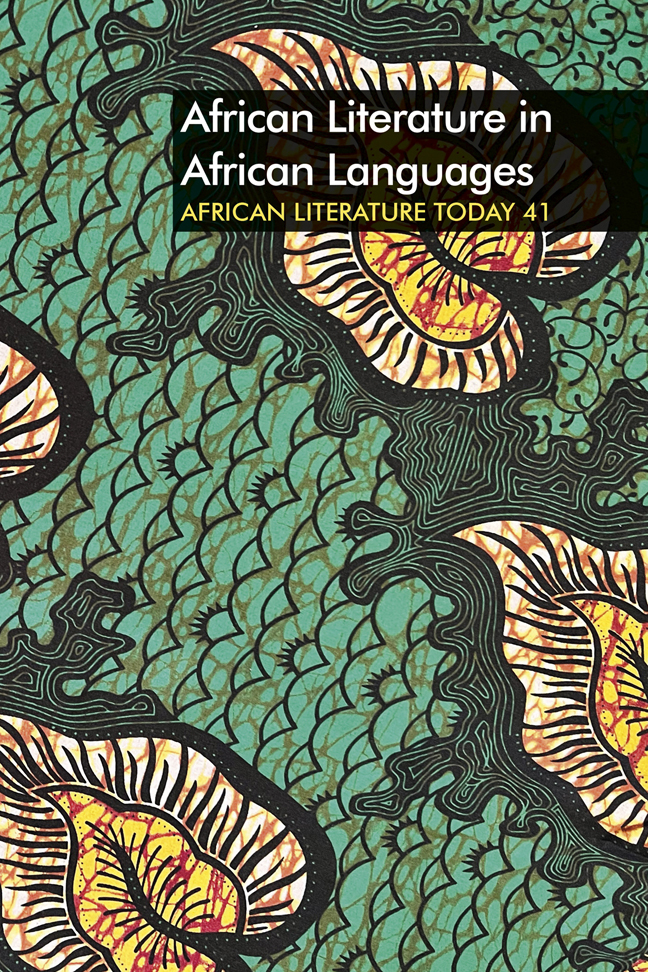Ikponmwosa Osemwegie's Ọrọ Epic and Translation: The Past and Prospects of Edo Literature
Published online by Cambridge University Press: 22 February 2024
Summary
This article originates from a book project on Ikponmwosa Osemwegie, an understudied Edo-language epic poet who started writing in the mid-twentieth century, which culminated in Macmillan's publication of his collection of poetry, Poems in Bini, in 1965. In this article, I offer insights into the book project as a way of shedding light on the work of Osemwegie and the challenges of exploring some aspects of African literature in indigenous languages – with the Edo language of southern Nigeria as a case study.
Interestingly, it was the determination of concerned Edo people to preserve and transmit their language, history, and culture to their children (in the face of hostile Christian missionary work) in written forms that produced Ikponmwosa Osemwegie, his poems, including Ọrọ: An Epic of the Benin-Idah War, and plays in the Edo language. My interest goes beyond the English translation of Ọrọ and some other poems of Osemwegie; I’m also interested in bringing to the non-Edo or English readers the rich poetry, history, and culture of the Edo people, as well as the thoughts of Osemwegie. Apart from Nevadomsky's introduction and description of Aikay as Nevadomsky used to call him, the book also republishes a long-forgotten review of Osemwegie's Poems in Bini, done by one of his old acquaintances, Professor Dan Ben-Amos, in Nigeria Magazine in 1967. An addition is a long interview he granted me in 1997, published in the Benin Studies Newsletter of the Institute for Benin Studies. The interview provides a more detailed background to Osemwegie's artistic career and his contributions to enriching the cultural life of the Edo people, which he spent his life documenting and promoting.
Apart from Osemwegie's works, review, and interview, Nevadomsky also gives context to the subject matter of the á»ro epic by recounting some aspects of the Benin-Idah war. It ventures into an interpretation of the oral traditions of the war among the Benins, including the role of women in war, or what he called a hagiography of Iyoba (Queen Mother) Idia. The weaponry or armaments of Benin war-making are also given attention, while the art and ceremonial rites the war birthed in Benin culture are not left out. It concludes with an epilogue on poetry and social history in the imagination of social memory. This book, it is hoped, will be read with profit, reawaken interest in Edo literature, and open new vistas for future research.
- Type
- Chapter
- Information
- ALT 41 , pp. 38 - 48Publisher: Boydell & BrewerPrint publication year: 2023



